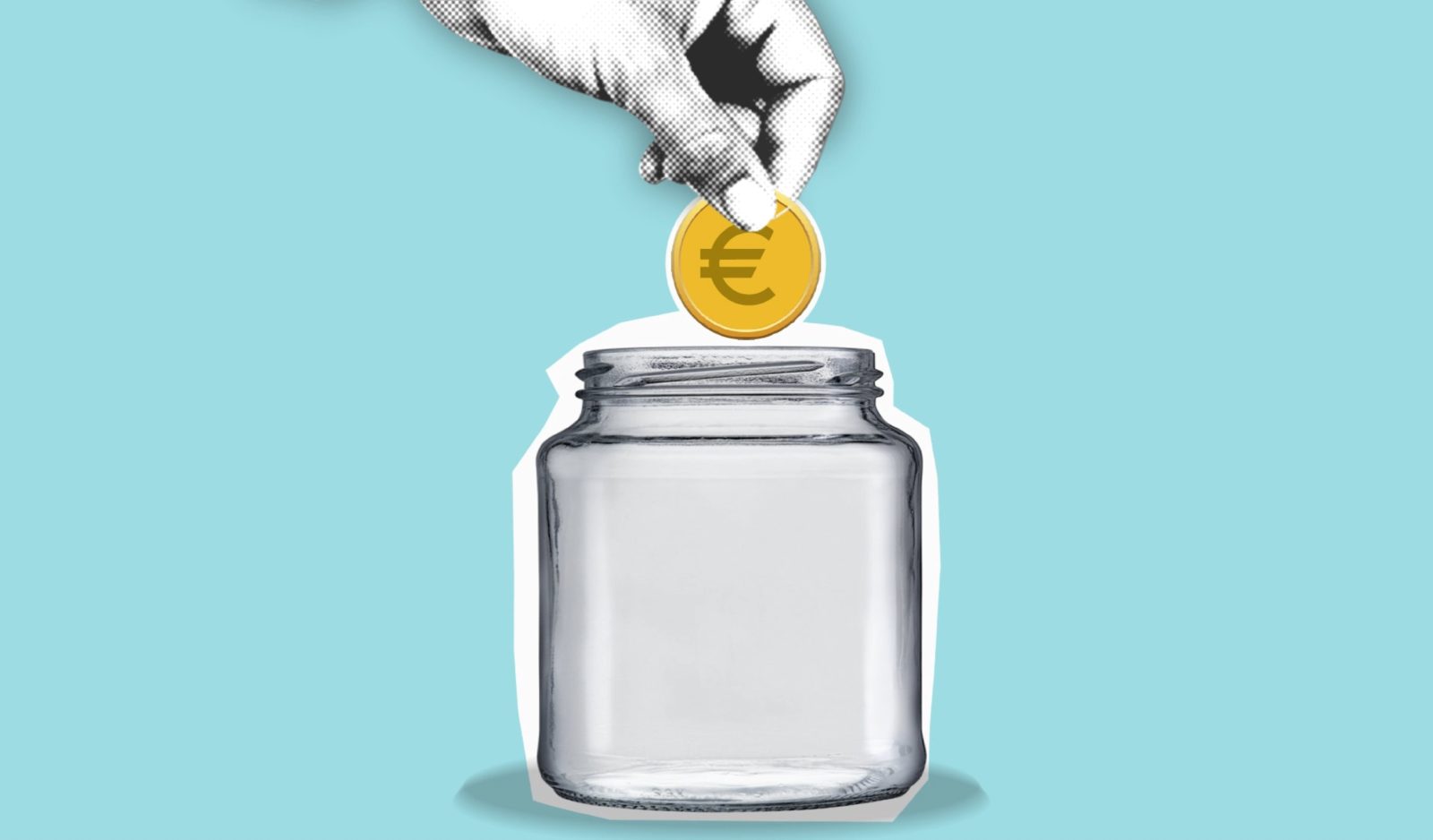A recent study reveals a fascinating aspect of the Czech Republic’s socio-economic culture. It appears that seven out of ten Czechs wouldn’t hesitate to lend money to relatives, friends, or acquaintances. However, a third of those who lend money don’t always get their full amount back.
This finding emerges from a survey conducted by the fintech company Bondster through the Ipsos agency. According to the research, nearly half of these loans were given to family members. Furthermore, one in three Czech individuals has also helped friends in financial distress. Interestingly, while women are more likely to financially assist their family, men tend to lend more to their friends.
The study highlights that money lending among peers is quite common in the Czech Republic. Surprisingly, people often borrow for everyday consumption, said Pavel Klema, the director of the investment platform Bondster. He added that while these forms of loans are justified in unexpected situations like family tragedies accompanied by financial expenses or zero income, a significant part of the population’s poor financial literacy and money management plays a big role.
The willingness to lend money is often conditioned by the purpose of the loan. People are more willing to lend in case of unexpected expenses that could threaten the borrower’s existence. However, the willingness decreases in case of non-essential expenses like vacations. Yet, nearly a fifth of people have lent money for such non-essential items, and 1.5% have even given loans to strangers.
The amount of loan also varies with the age of the lender. Young people up to 26 years old typically lend around five thousand crowns, while those in their sixties, on average, are willing to lend four times more. Almost 95% of people lend their money expecting to get all the due amounts back; however, for 33% of them, this did not happen. According to Klema, this is due to the fact that more than 80% of people did not sign any contract or bill of exchange when lending money.





